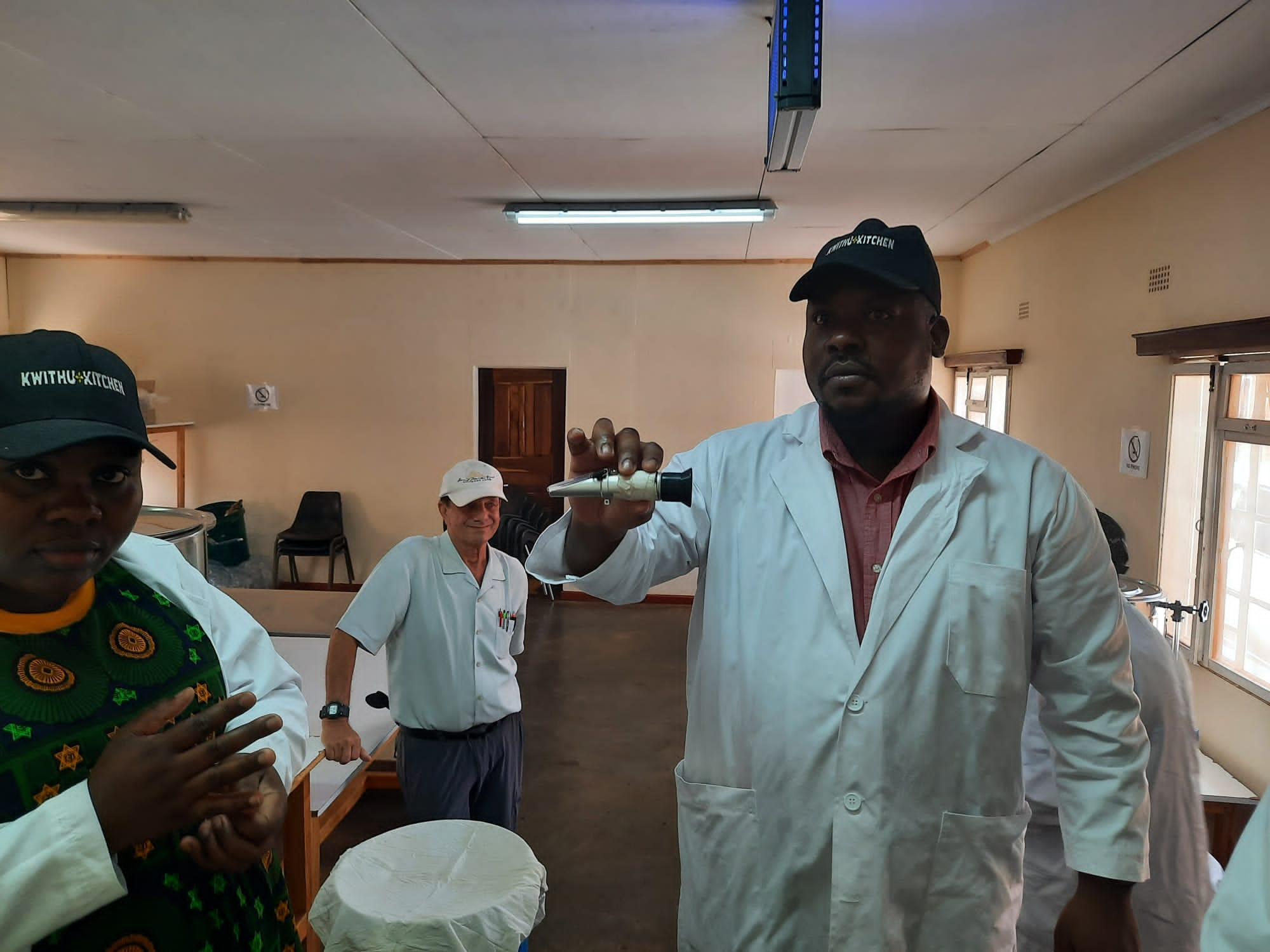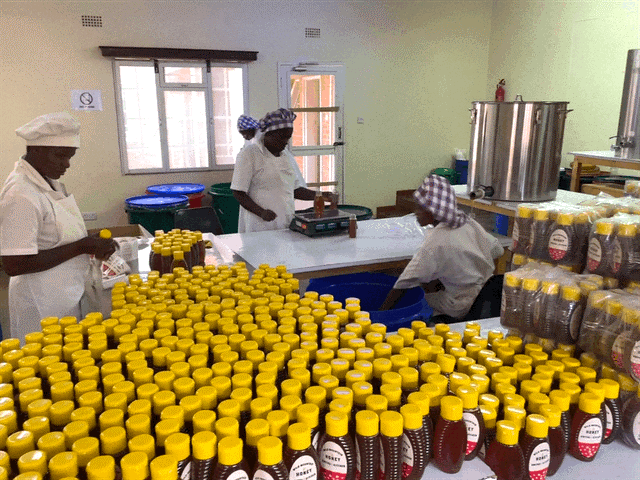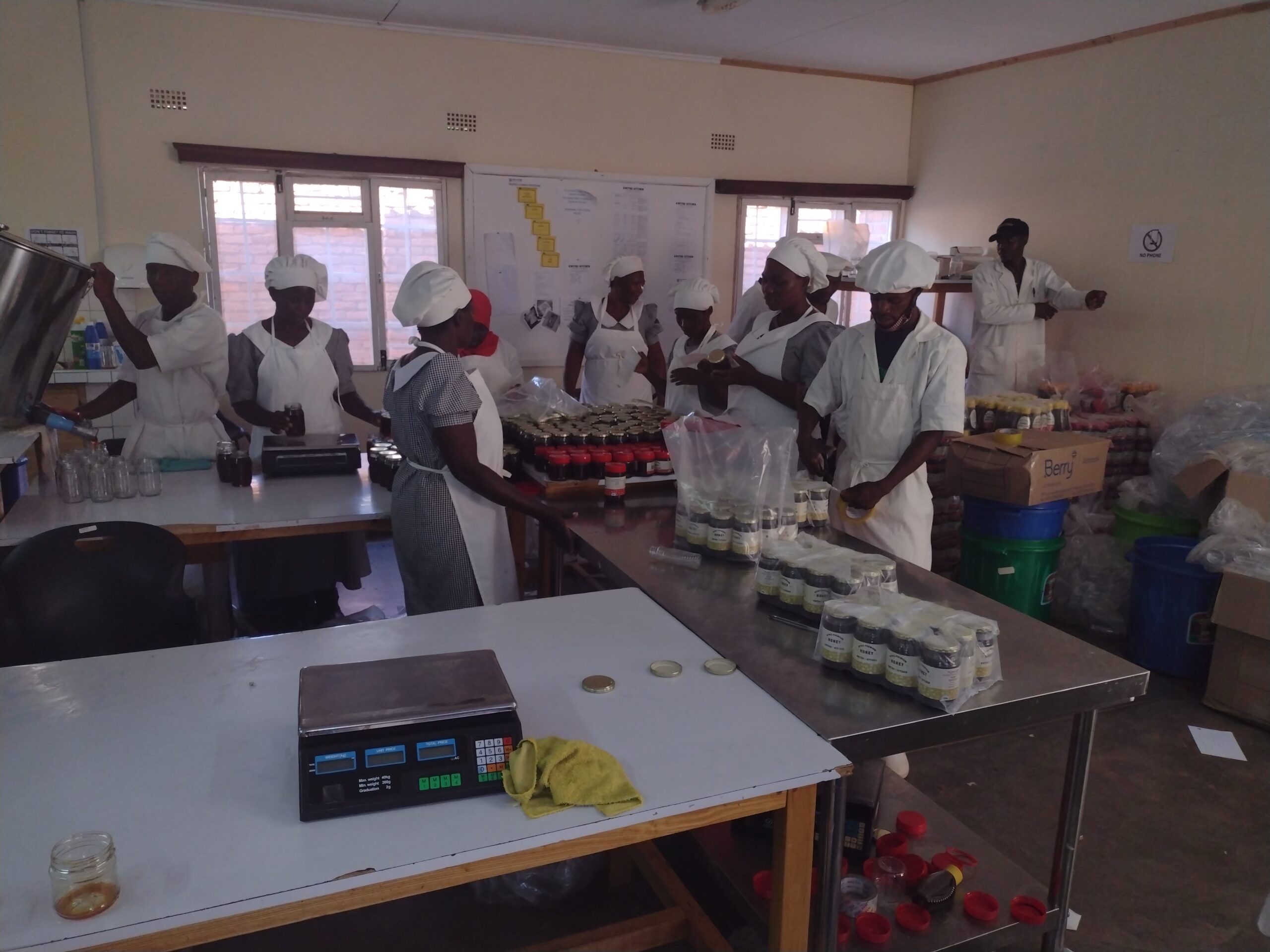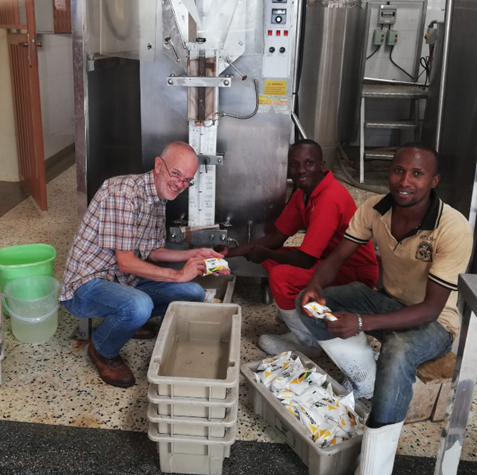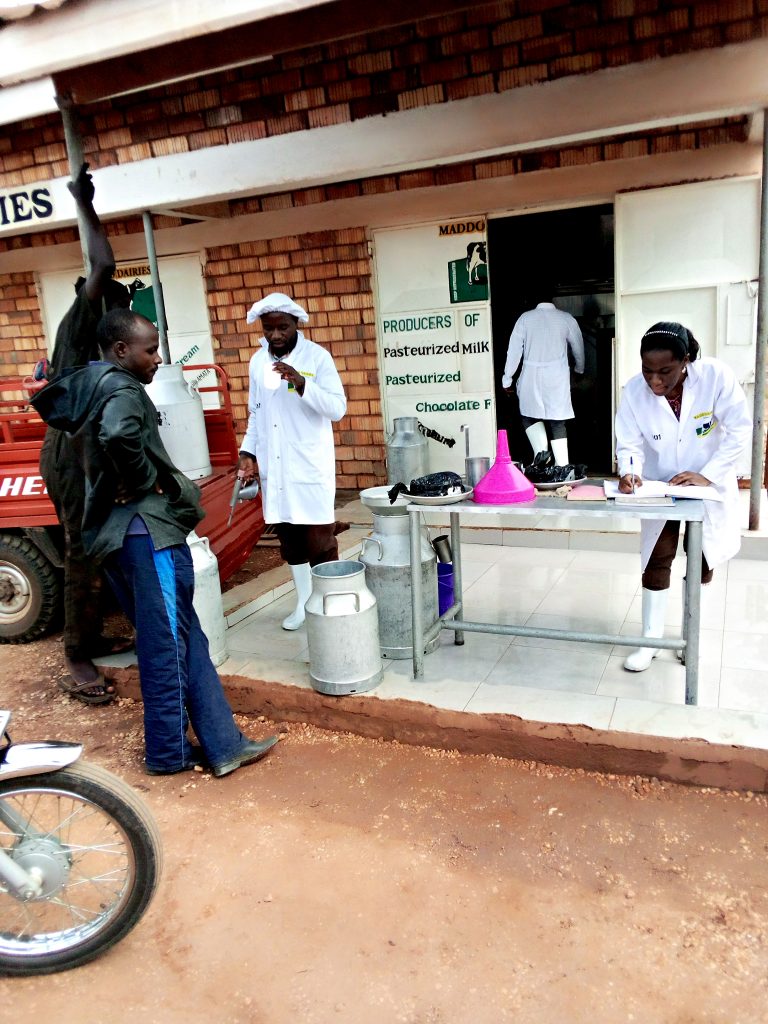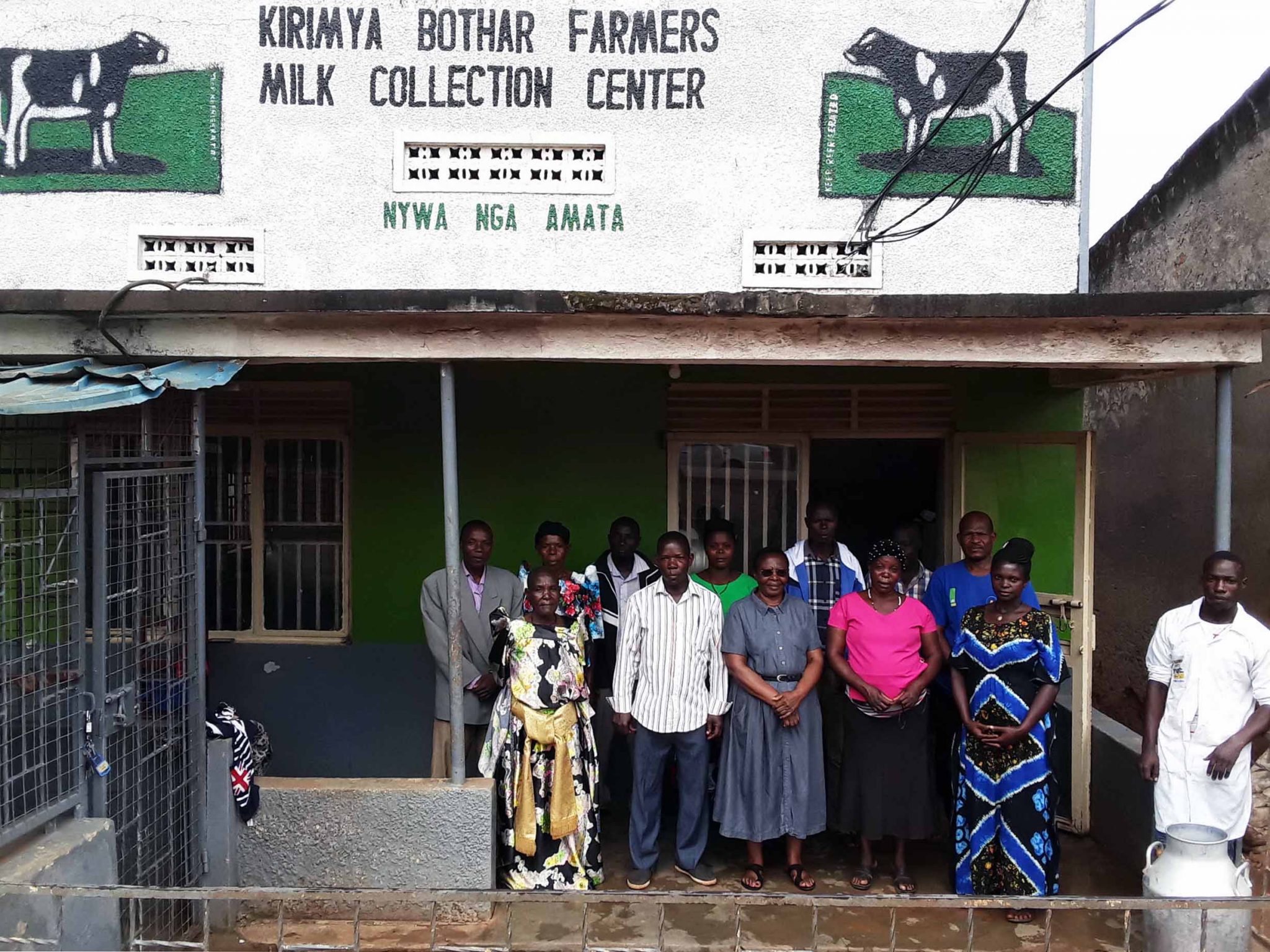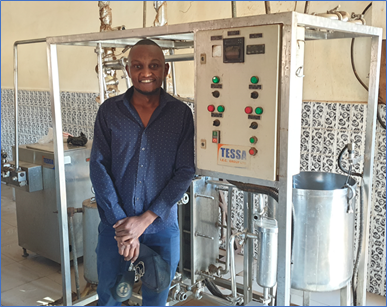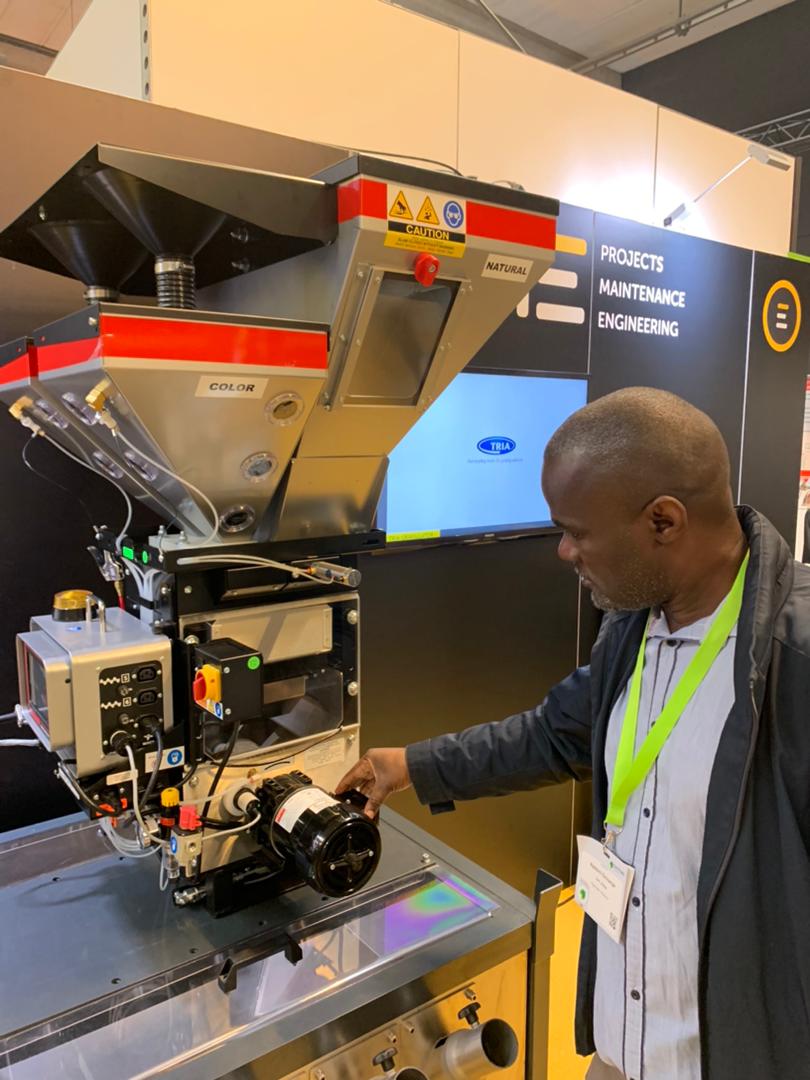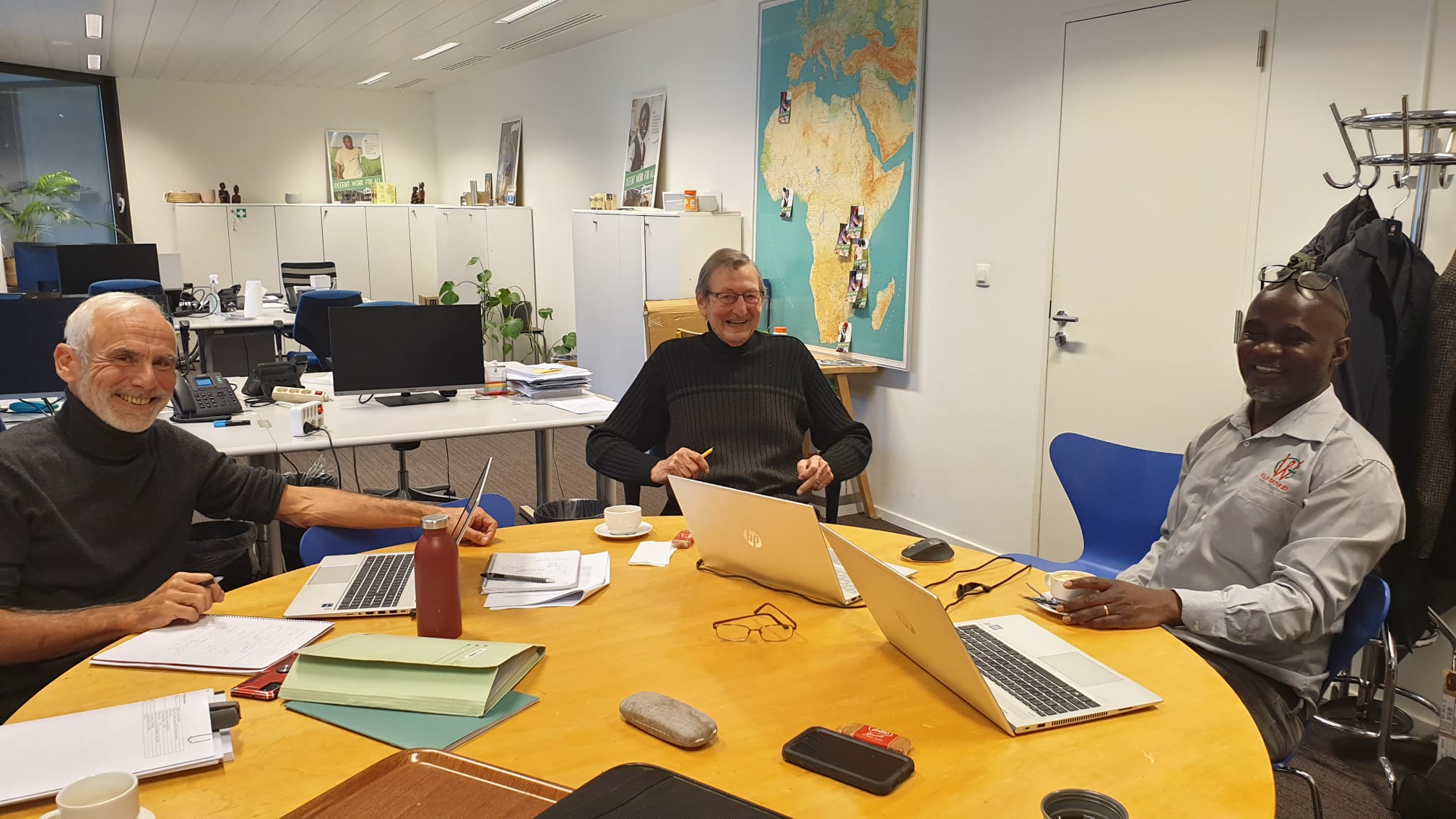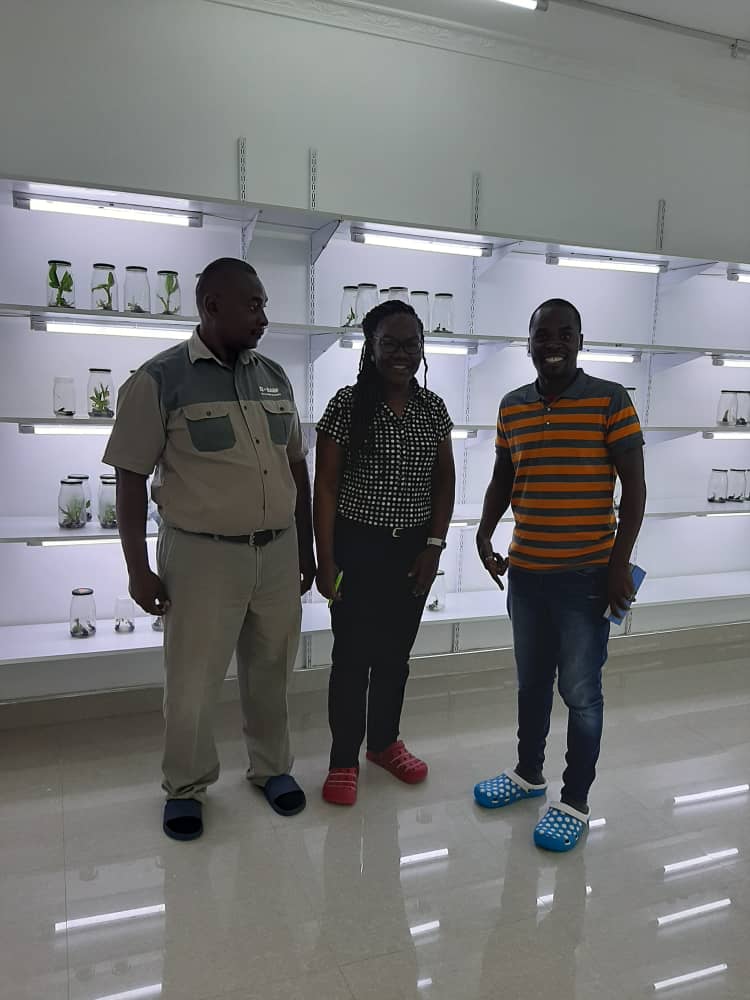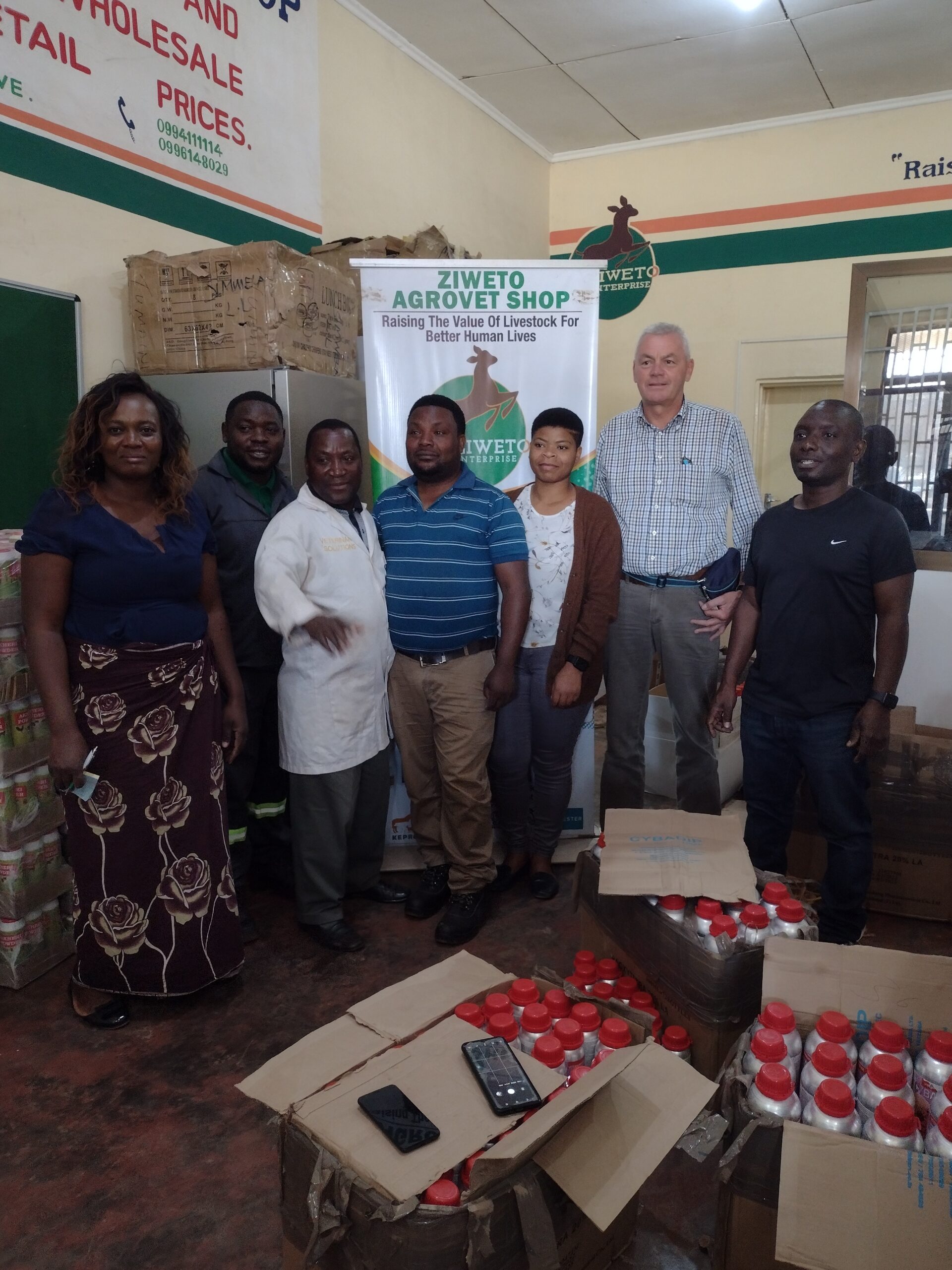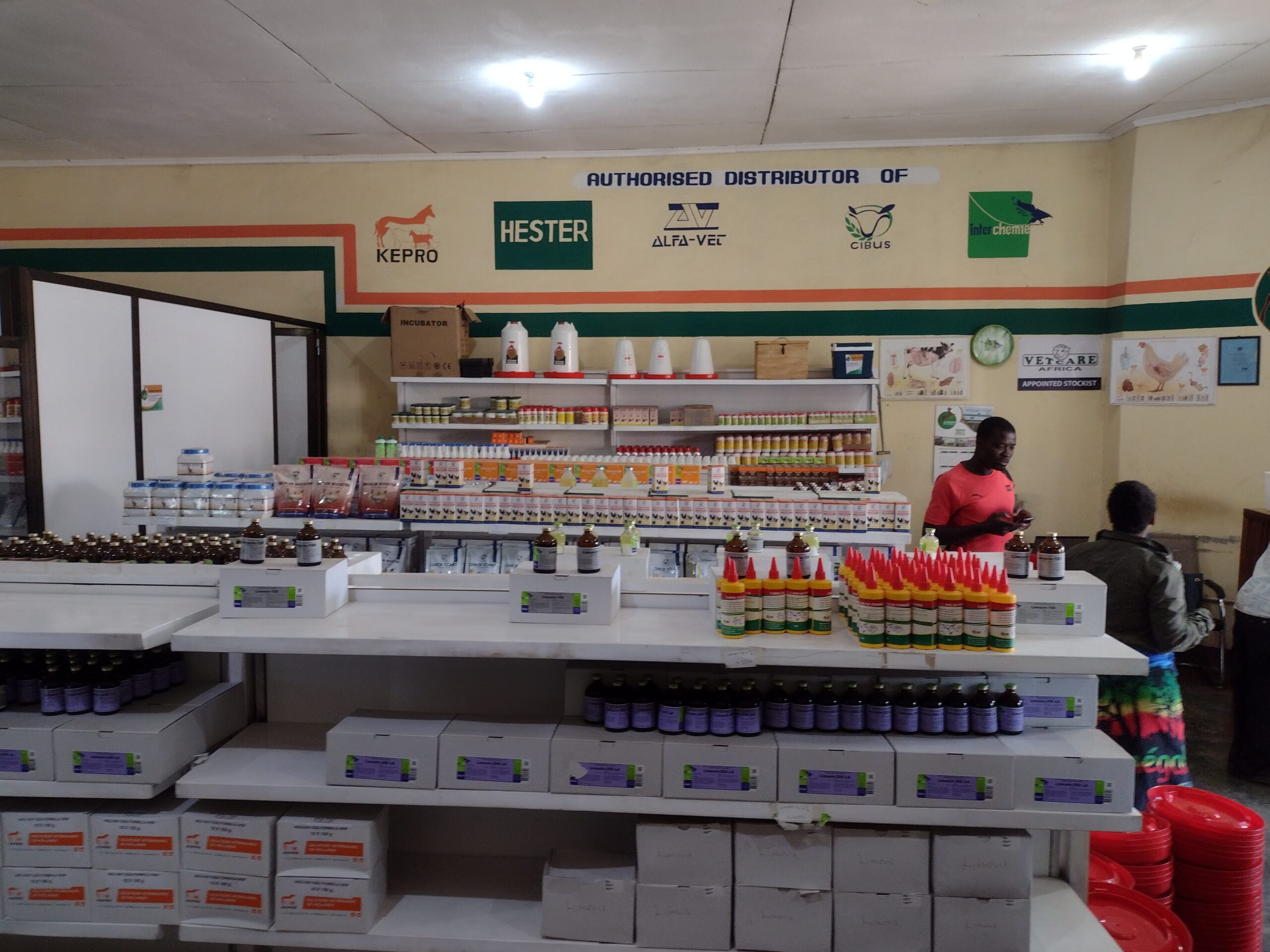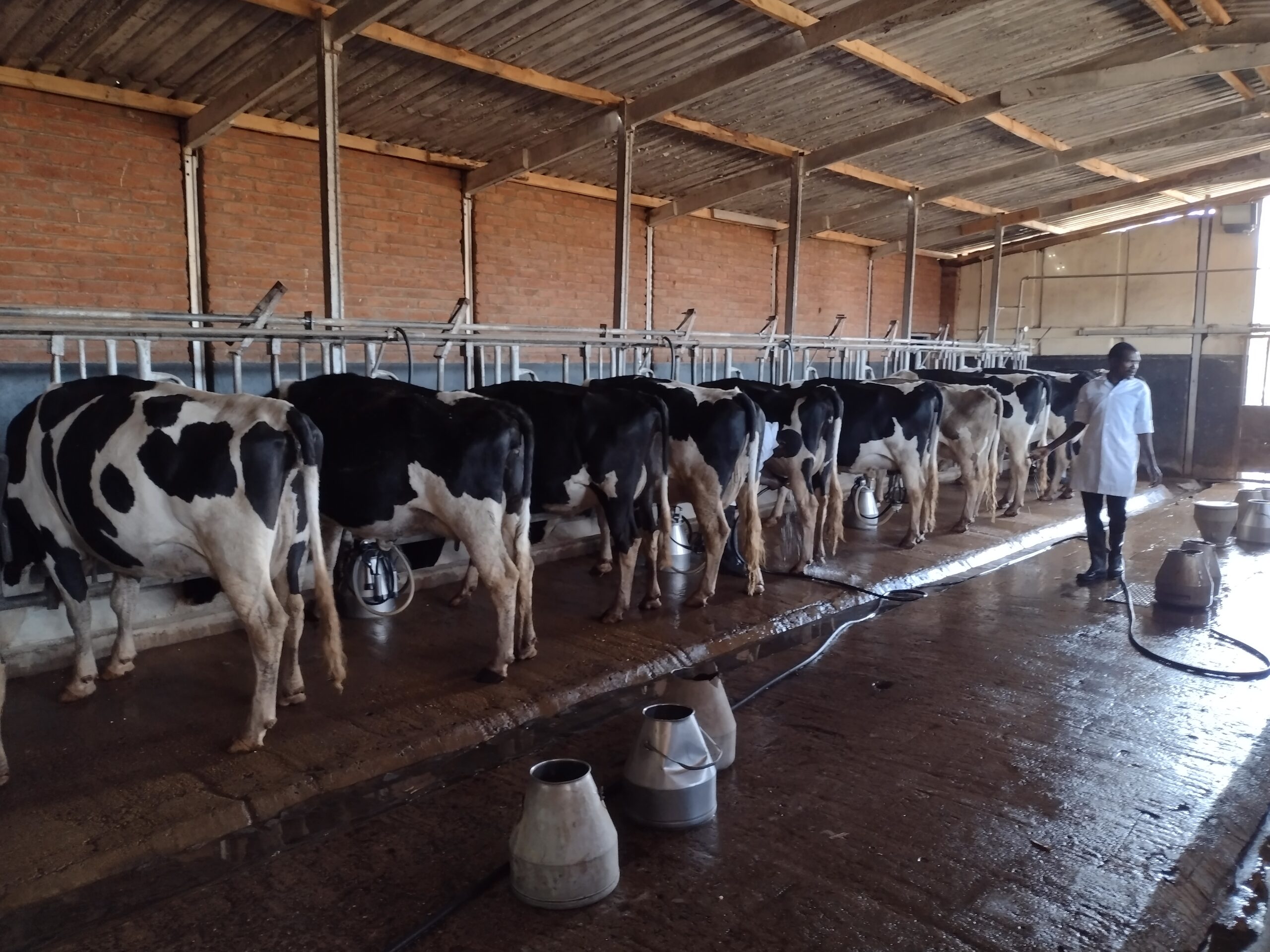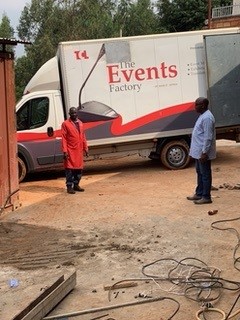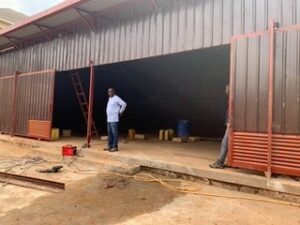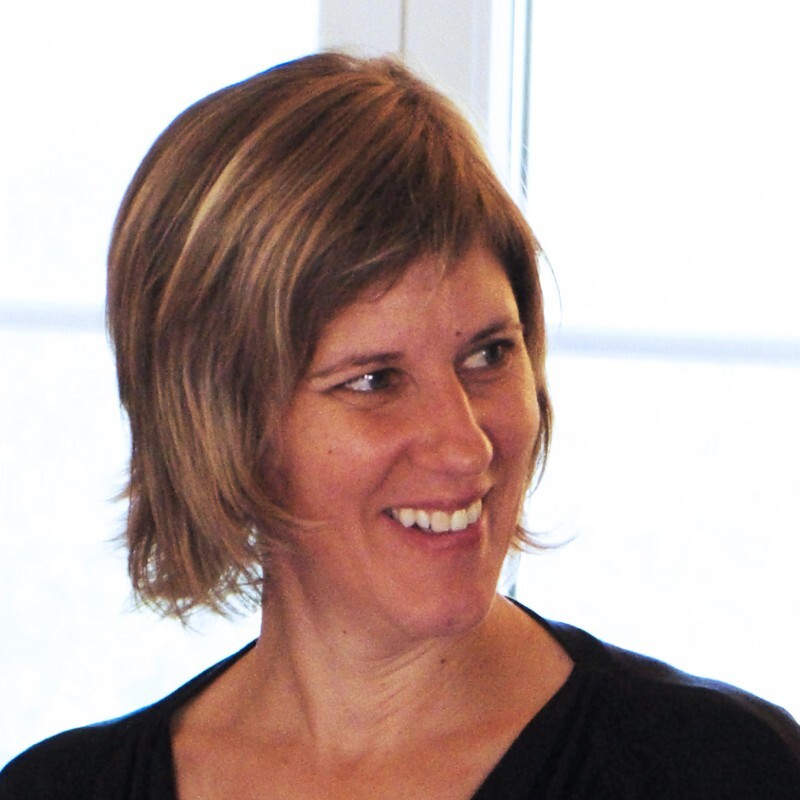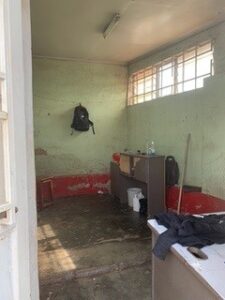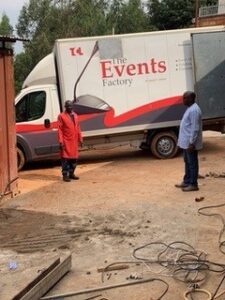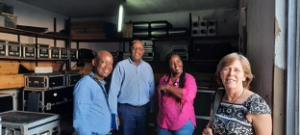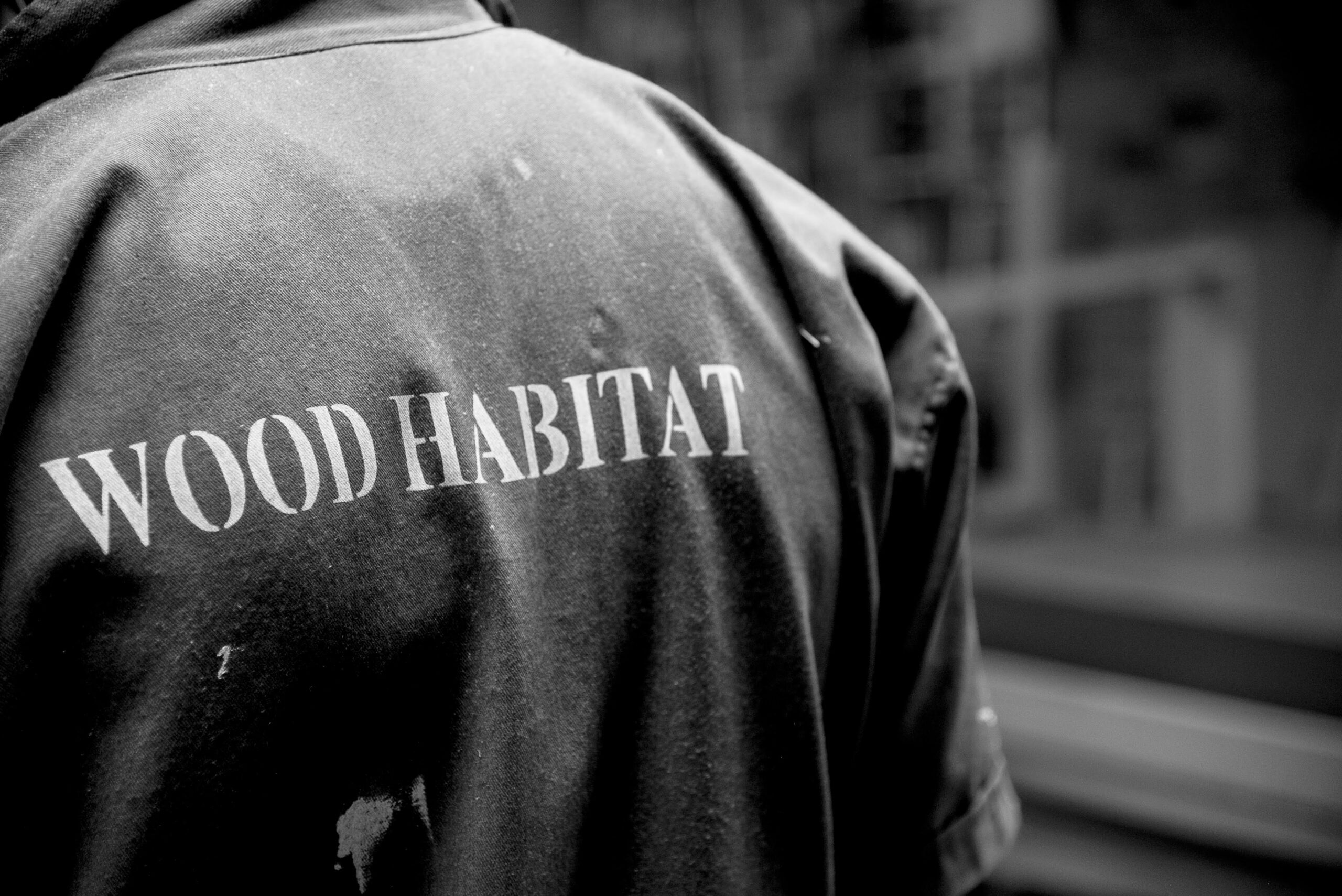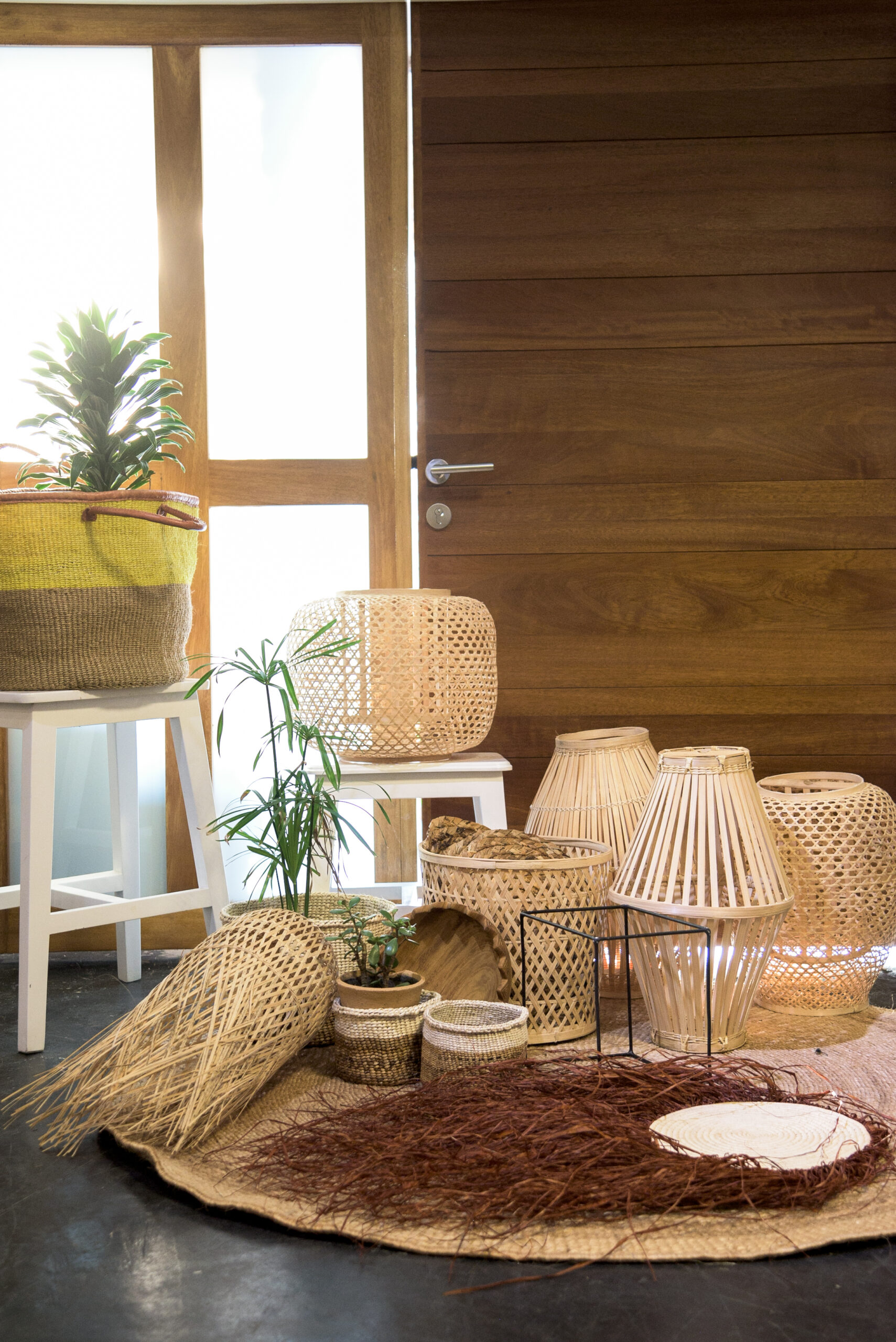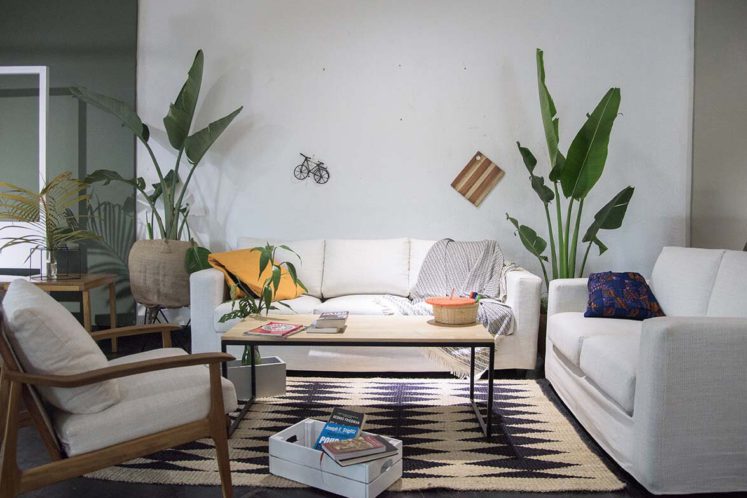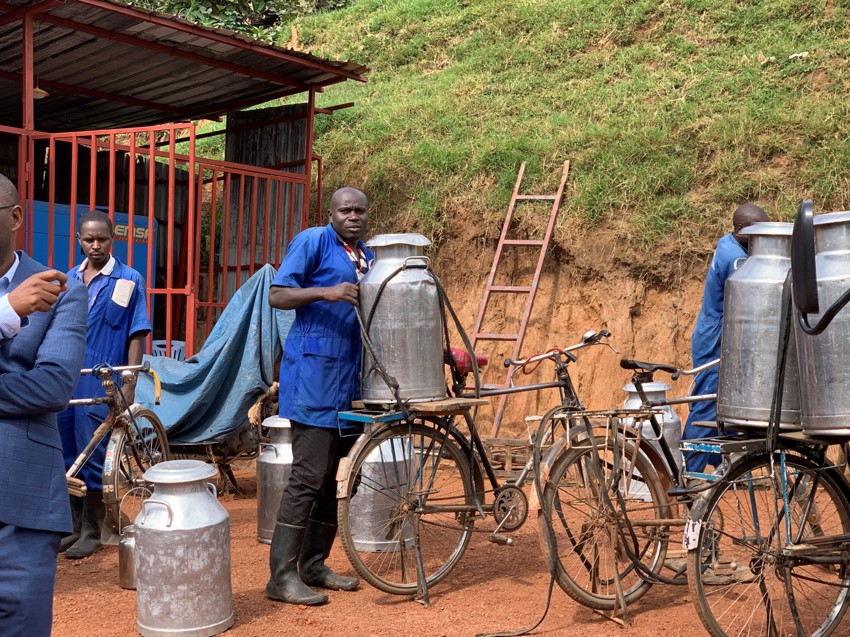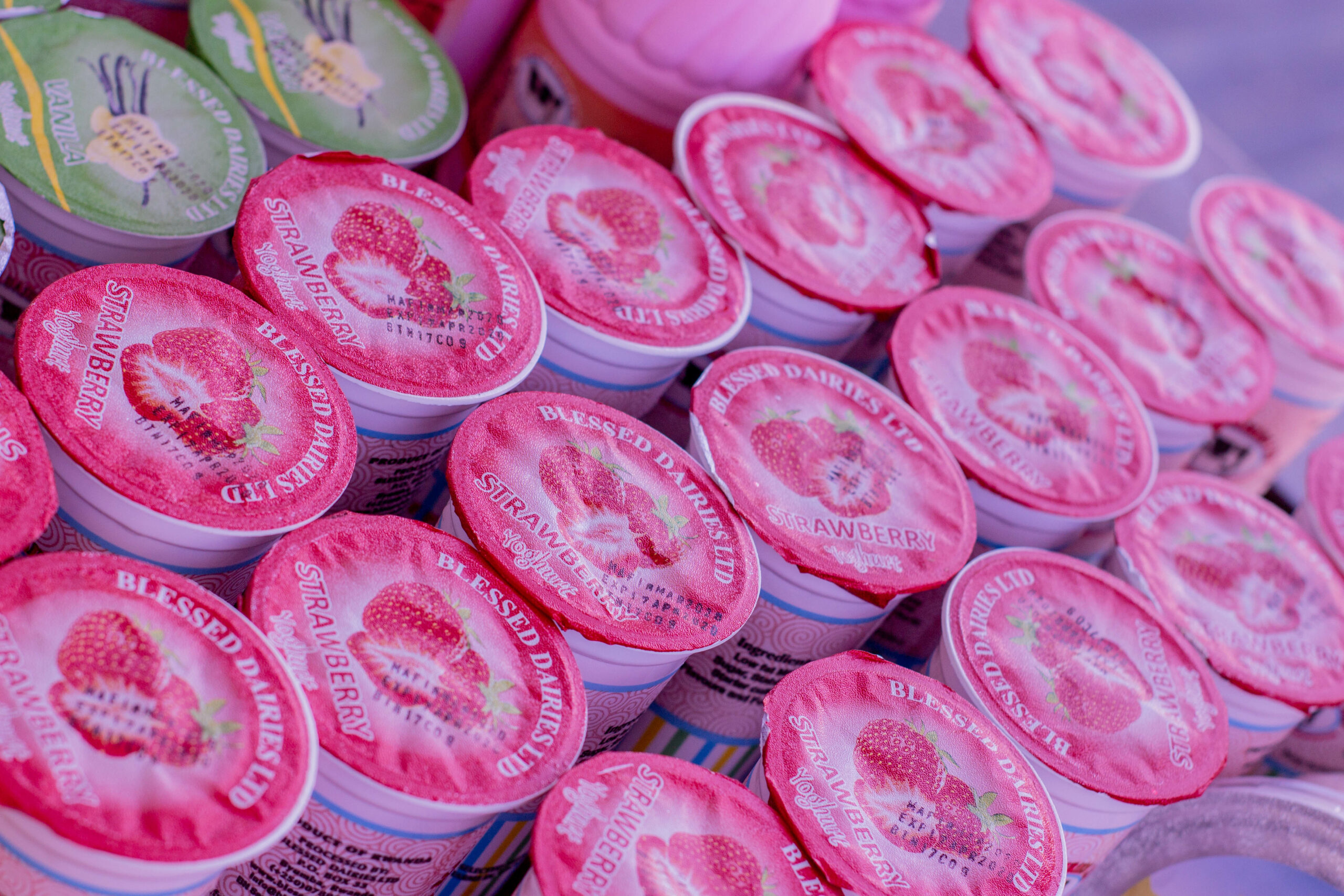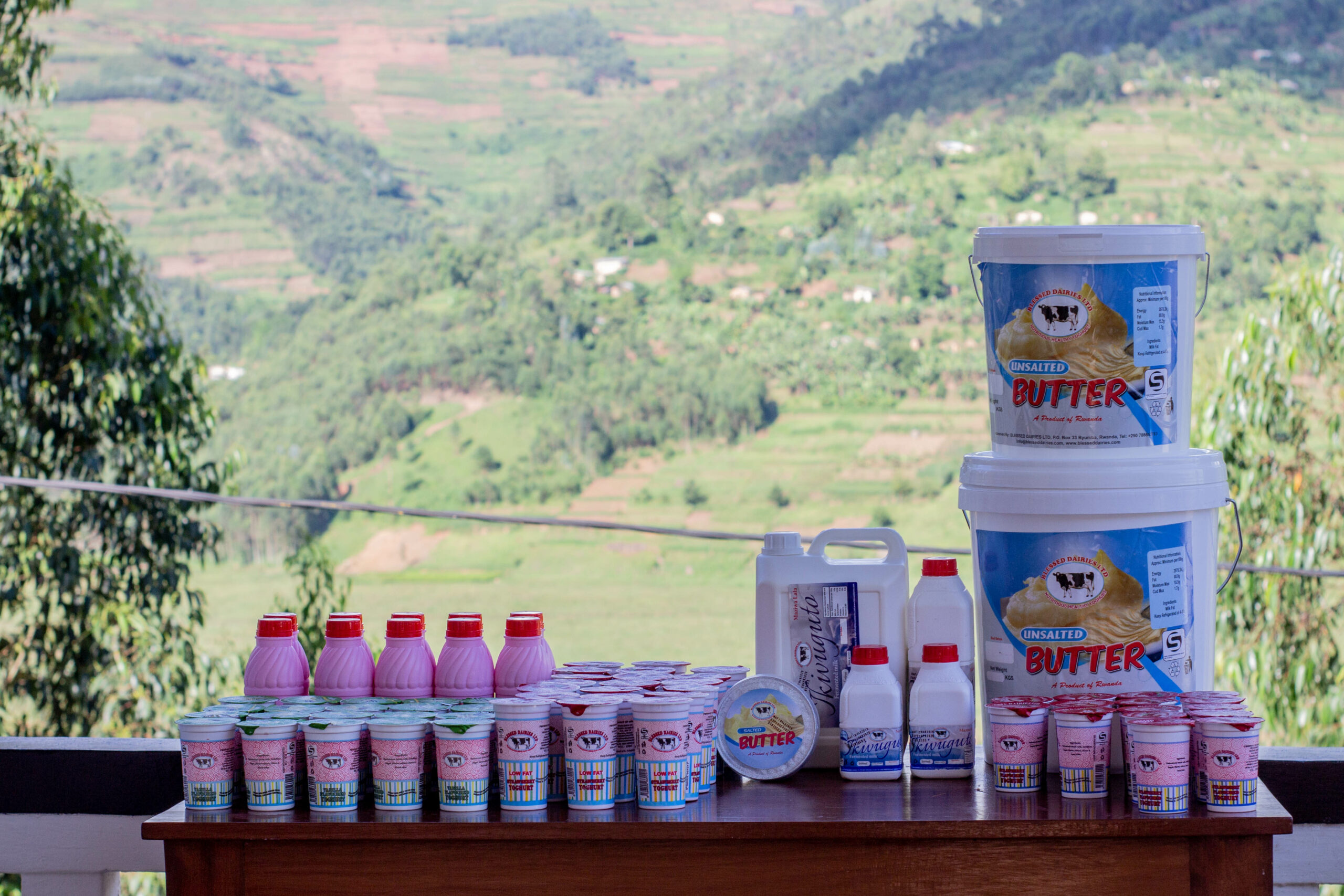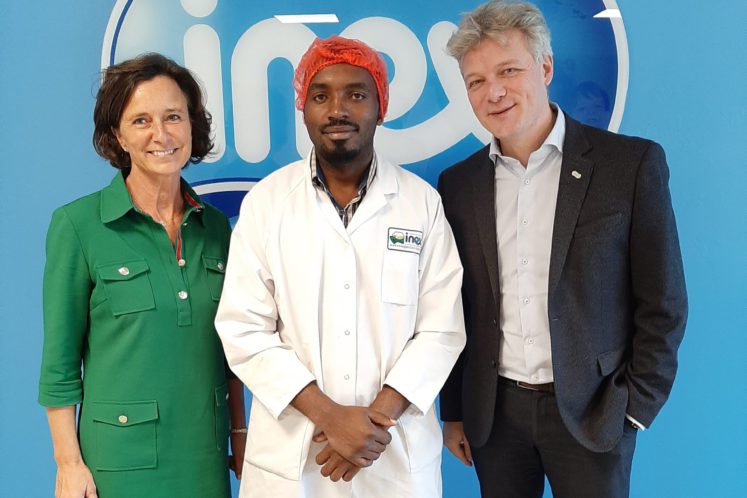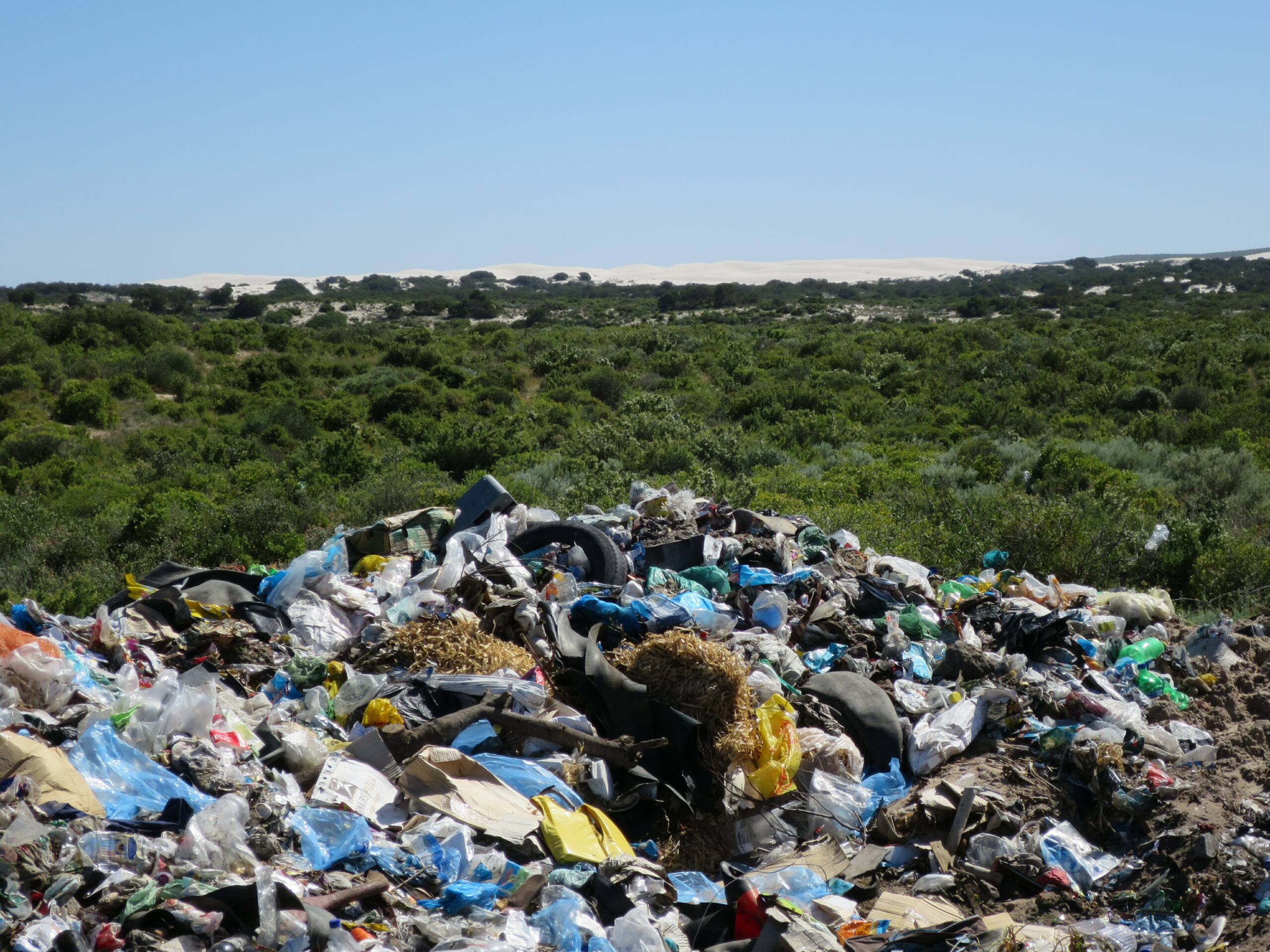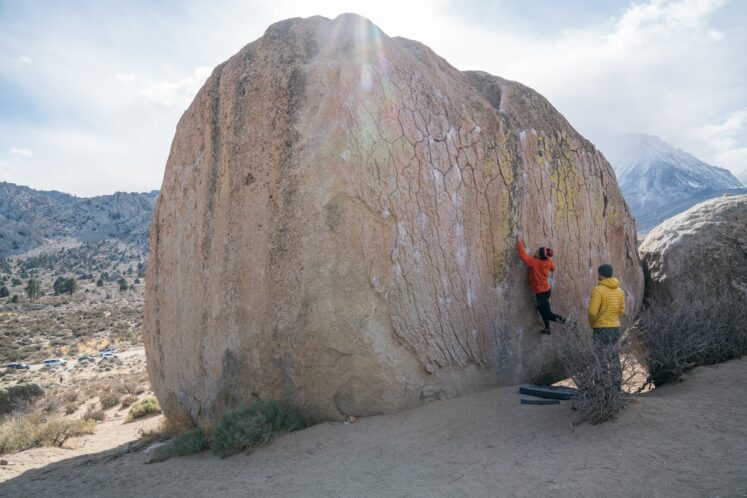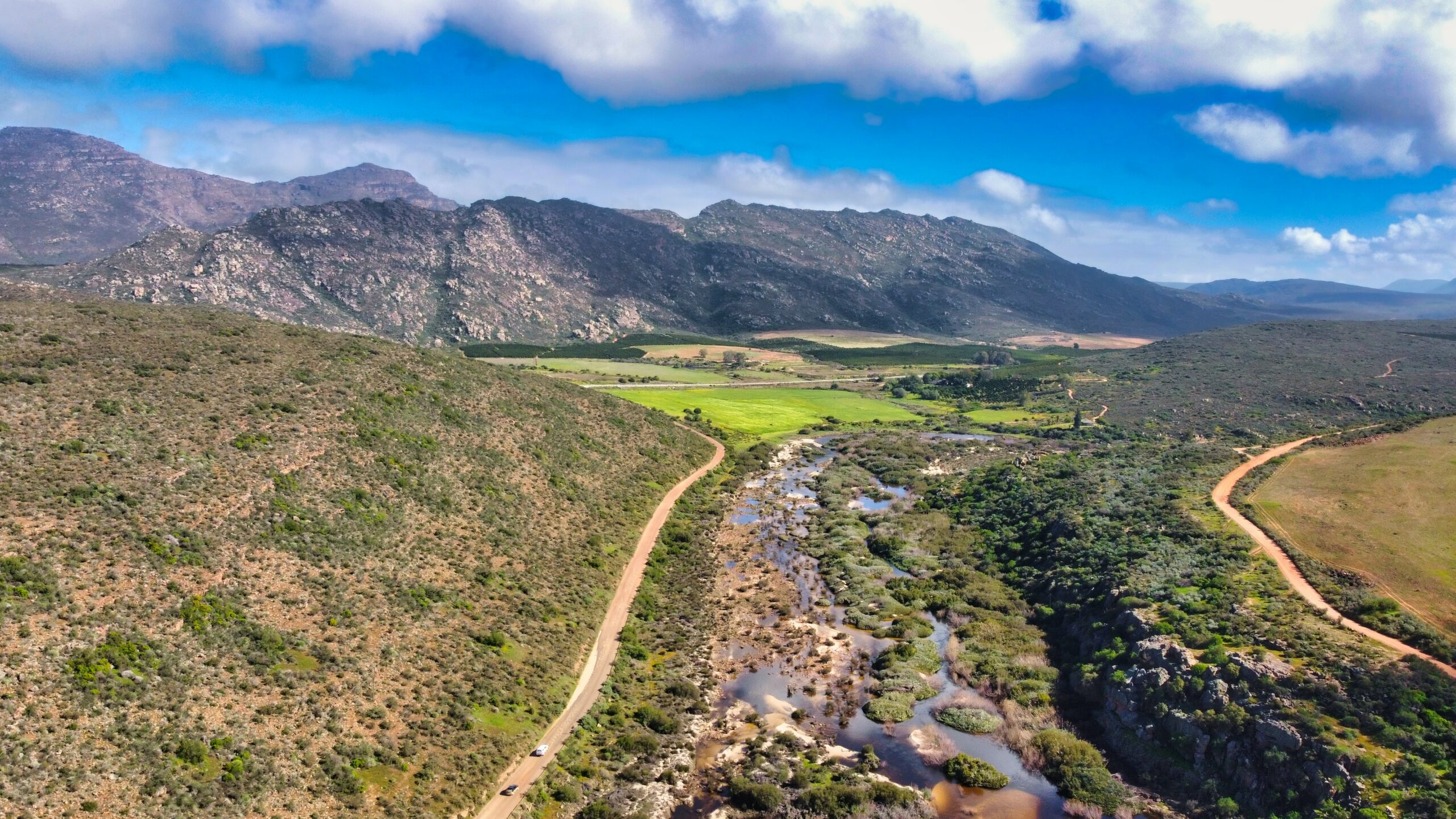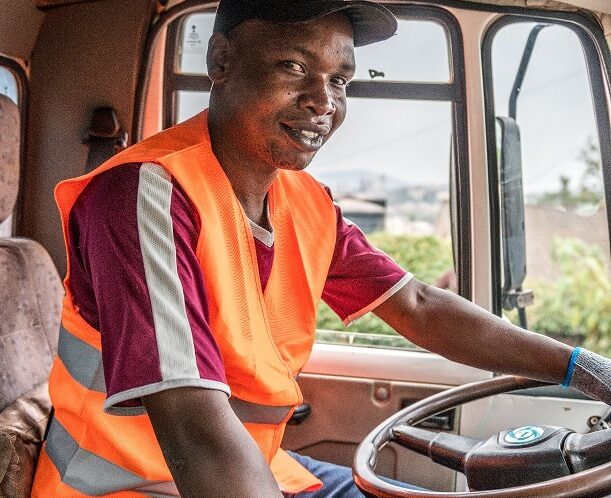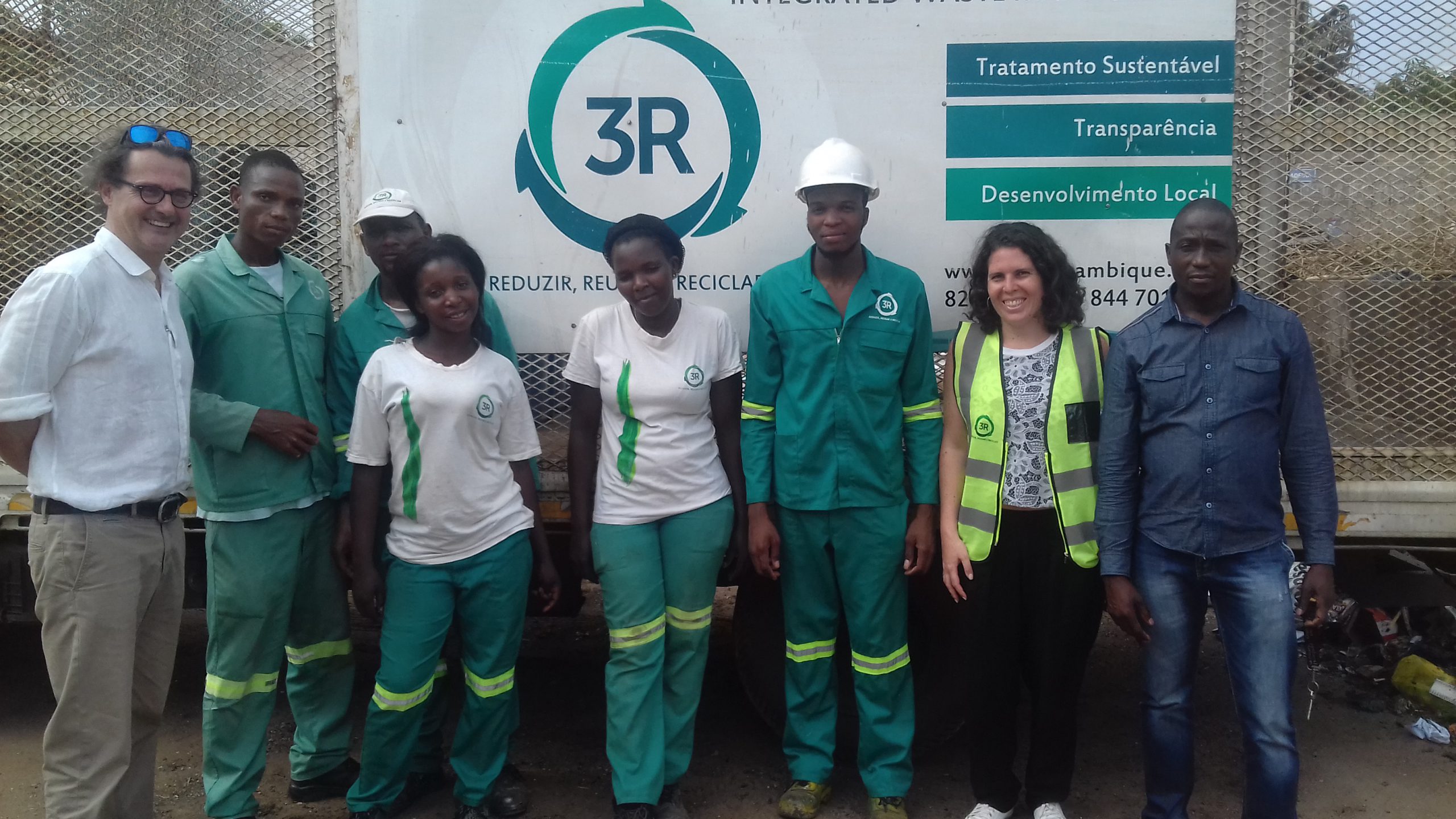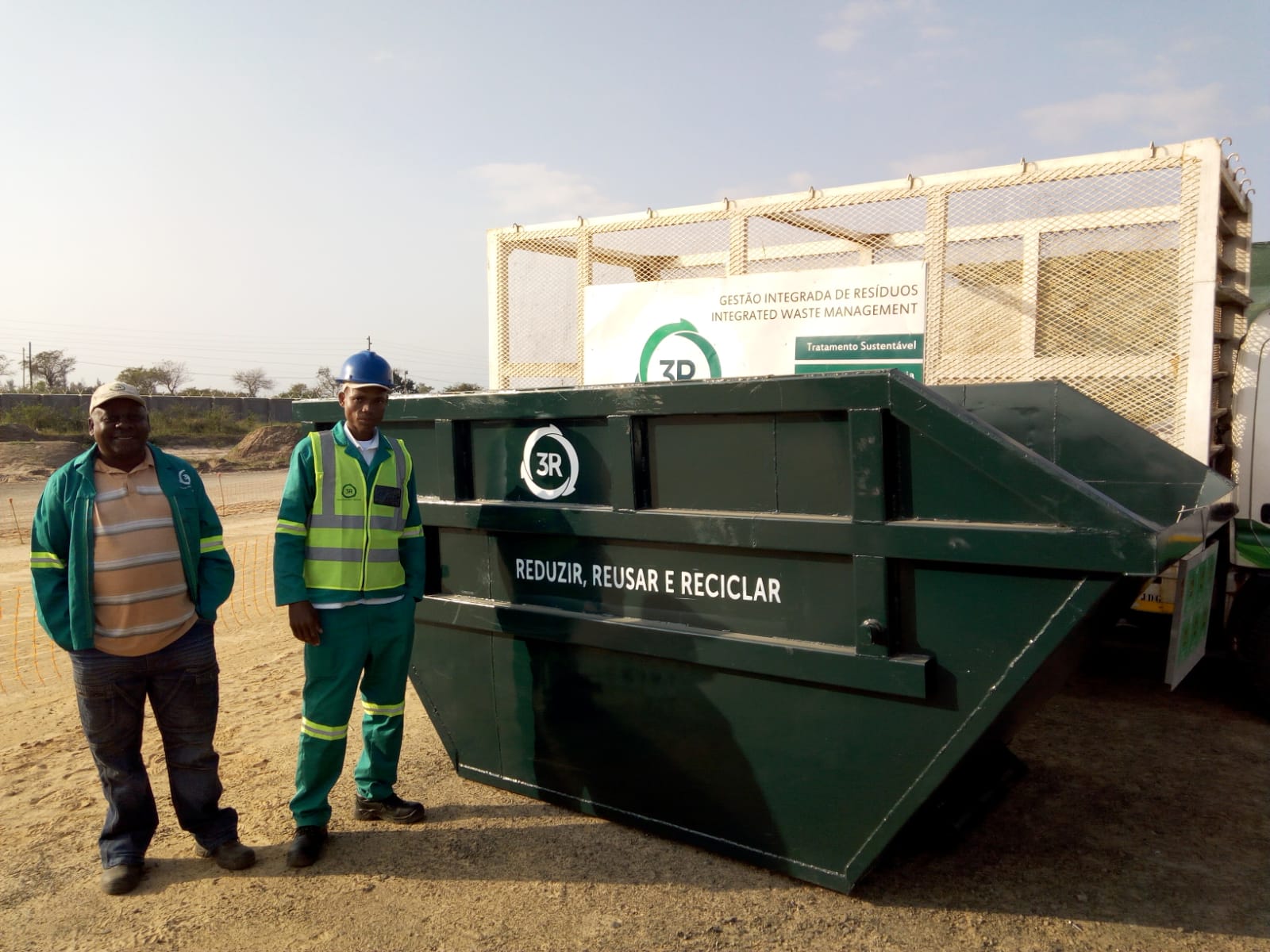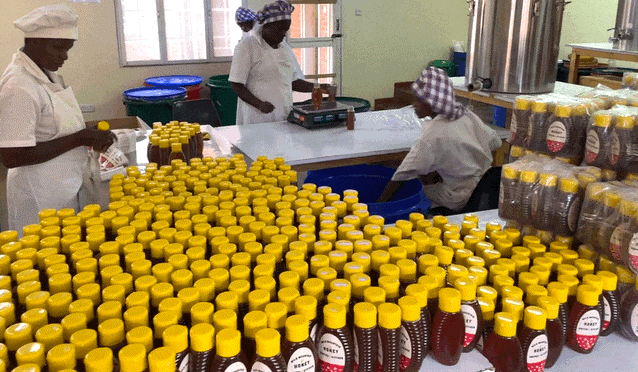
Large scale honey production
Honey and tomatoes in the Malawian Mzuzu
Kwithu Kitchen was founded in 2013 in Mzuzu, the capital of Malawi's northern region, by entrepreneur Anna Msowoya and her partner John Keys. Originating as a social project offering nutritious meals to poor children, the business grew over the past 10 years into a high-growth business processing tomatoes and honey.
Kwithu Kitchen is the largest producer of honey and one of the larger processors of tomatoes in Malawi; their products can be found on the shelves of the Shoprite and Chipiku department store chains. Until recently, the same supermarkets sold only processed tomato products - ketchup, tomato paste and canned tomatoes - imported from South Africa. With the devaluation of the Malawian currency, it is much more economical to process local tomatoes.
This economic activity is bursting at the seams: in 2023, the team of 30 employees sold an average of 4 tons of honey and tomatoes per month. The growth potential is great, and an exploratory feasibility study quickly showed that Kwithu Kitchen is an ideal candidate to become an Exchange growth program.
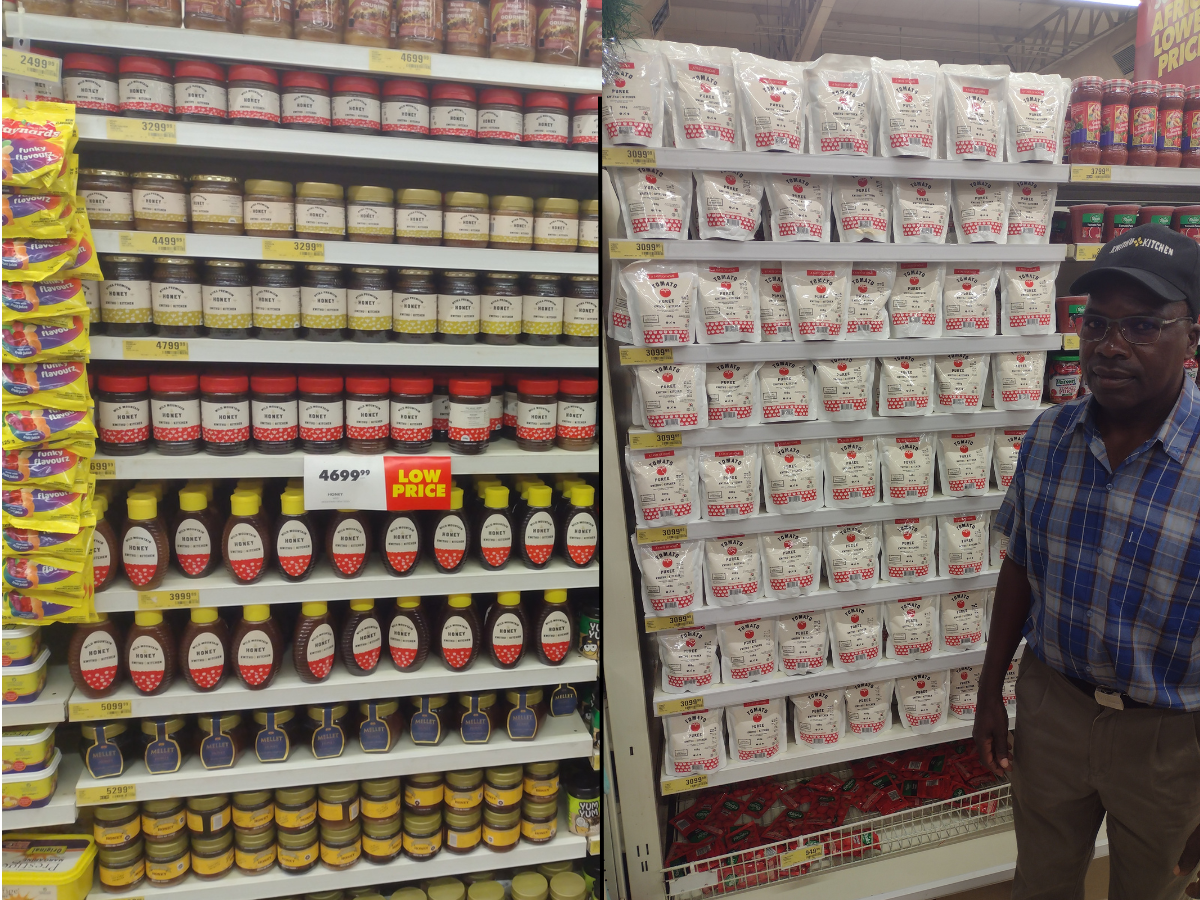
Renewed business plan and new factory
Our contribution begins with renewing their business plan. In view of their strategy 24-26, coach Marcel Christianen drafted a business plan model, which will be refined by Kwithu Kitchen in the coming months. Based on the business plan, the coach plans together with the entrepreneurs behind Kwithu Kitchen the right expert missions - both long and short term - to realize the growth plans.
Some elements have already been identified for which Exchange can provide the necessary expertise. For example, Kwithu Kitchen plans to establish a new factory unit on better located land, which will allow the company to process honey and tomatoes on a larger scale. Further product diversification may also accompany the growth of their operations. Further steps can also be taken around financial planning and training of central staff. In recent months, we have communicated tirelessly with Kwithu Kitchen to outline a solid growth program that will undoubtedly yield great results in this cycle.

